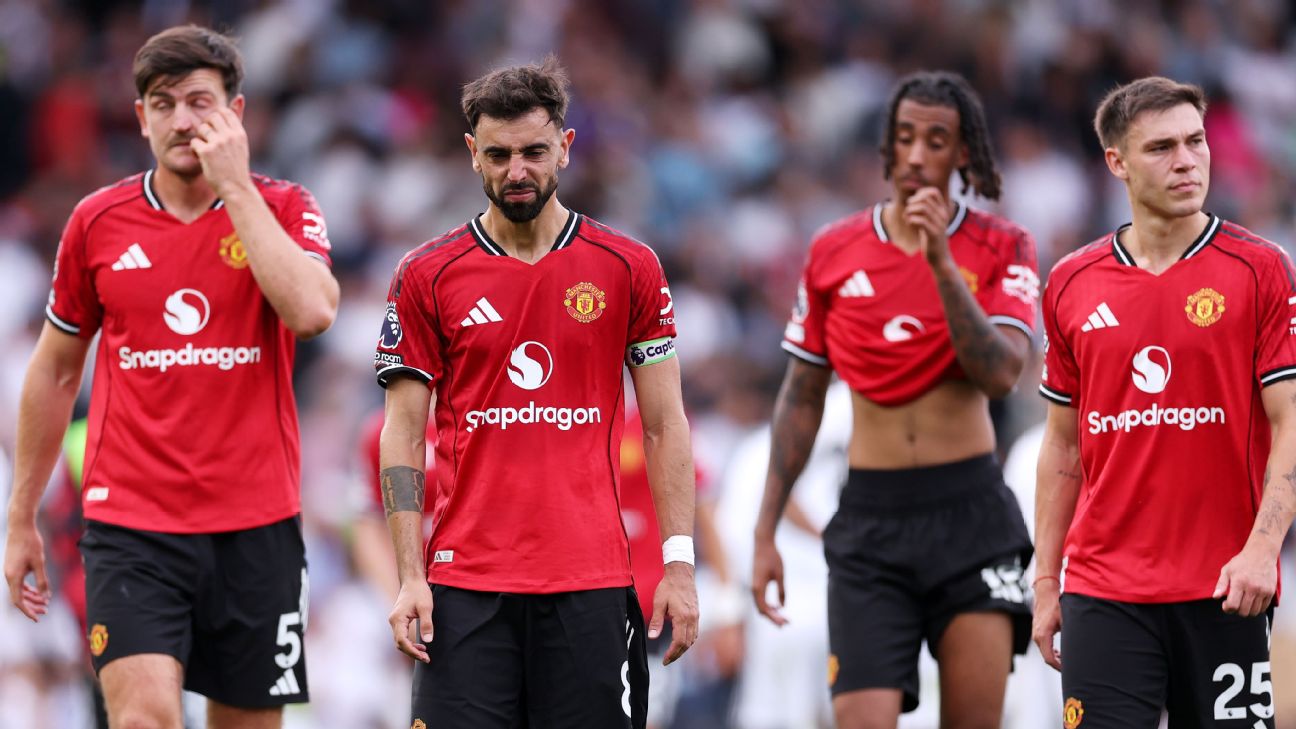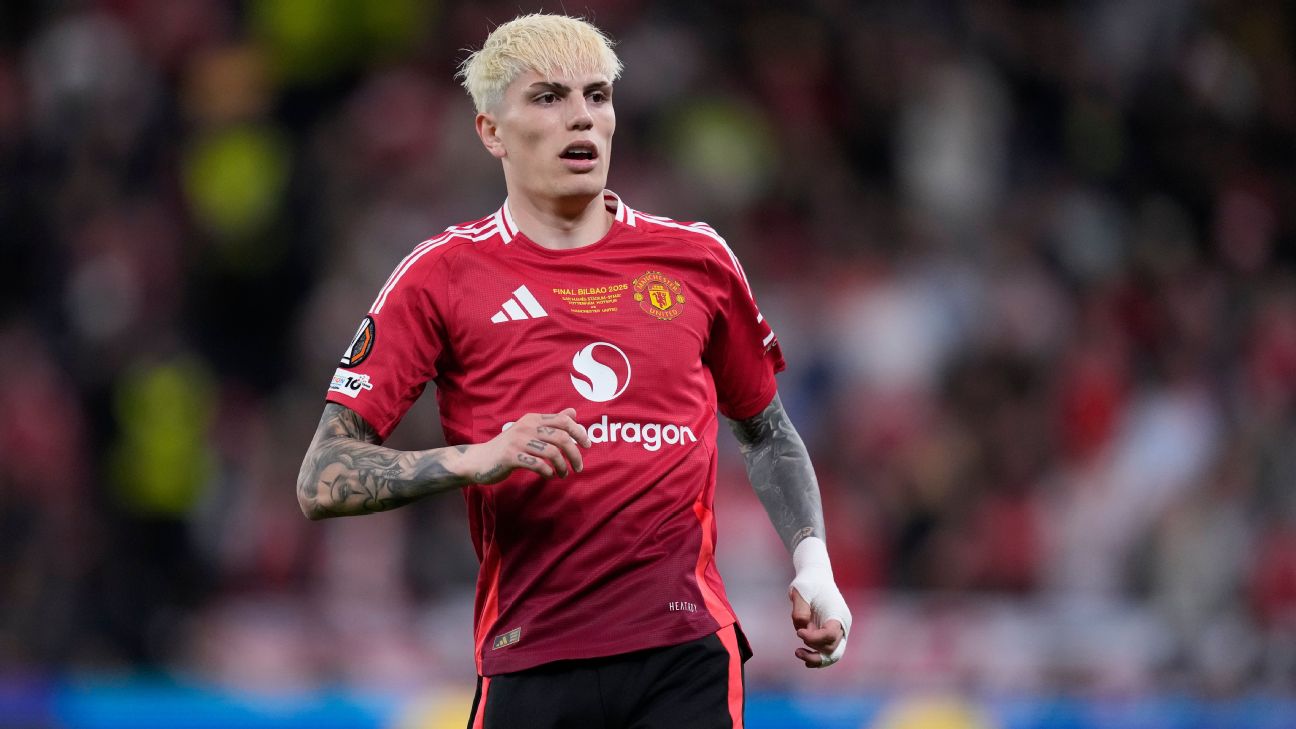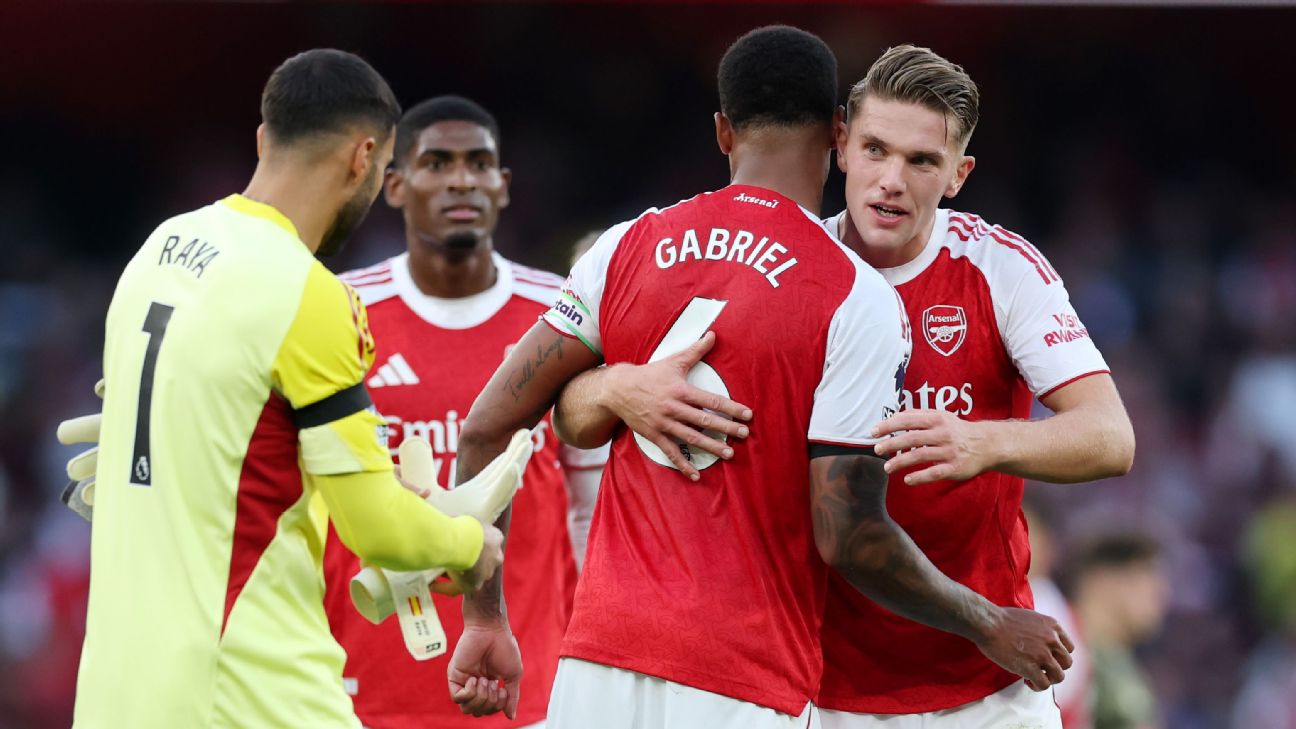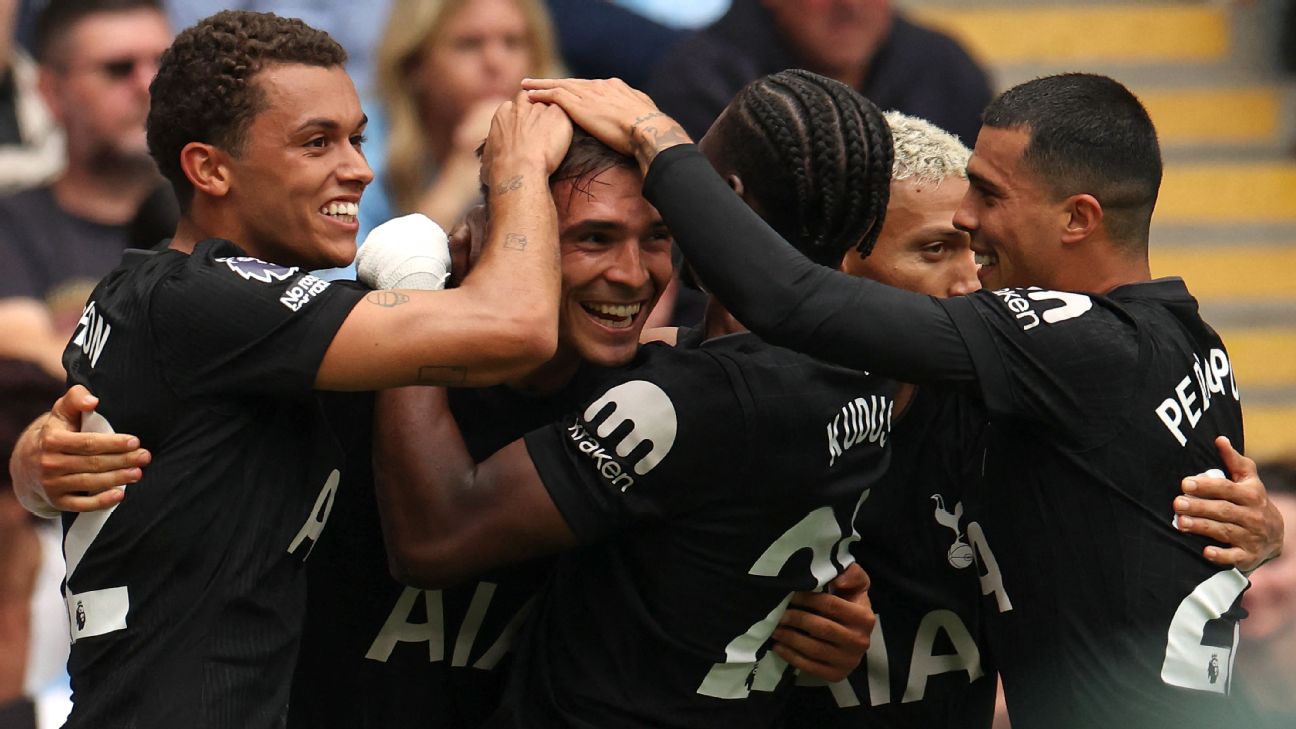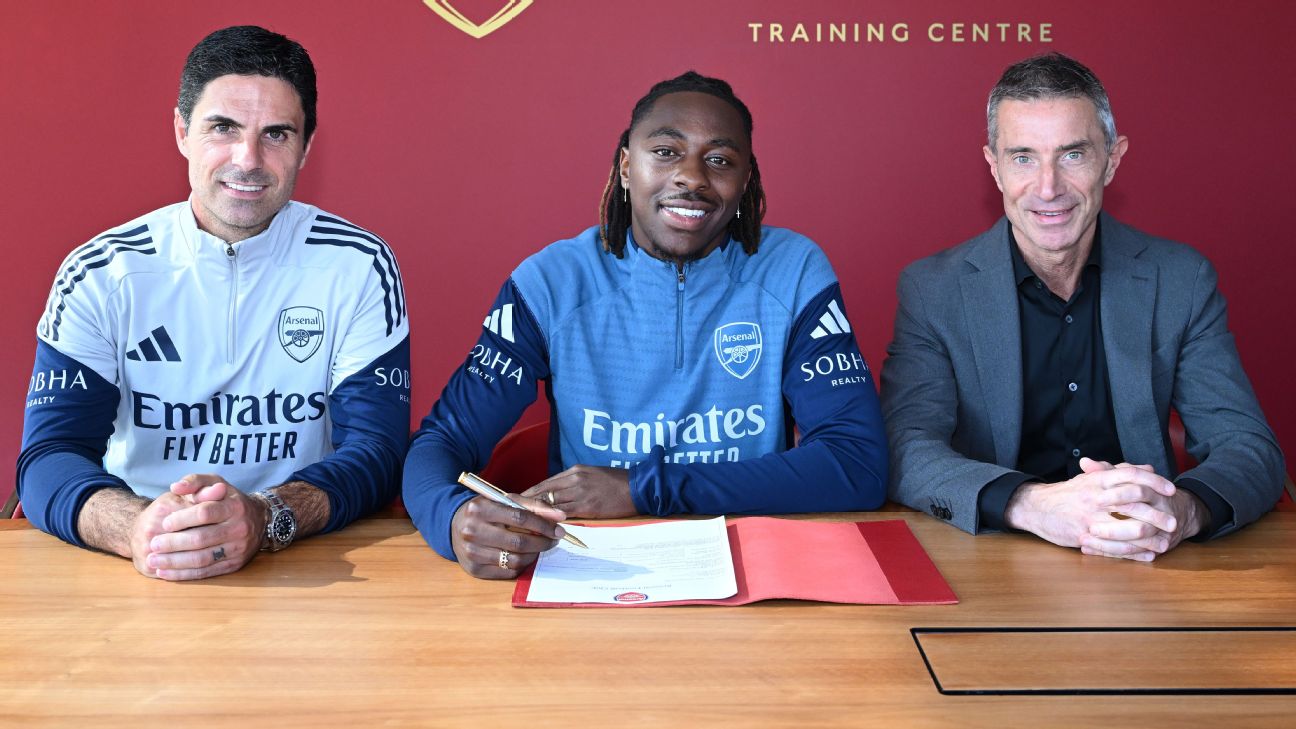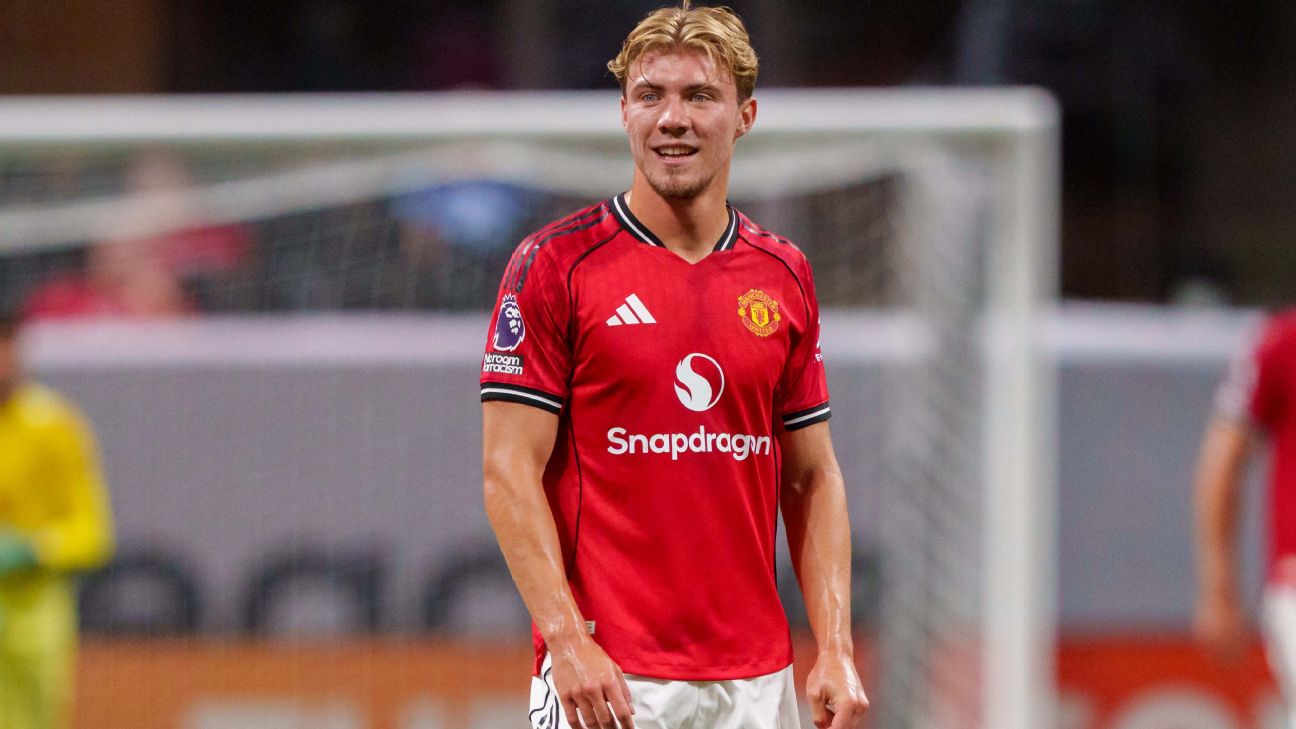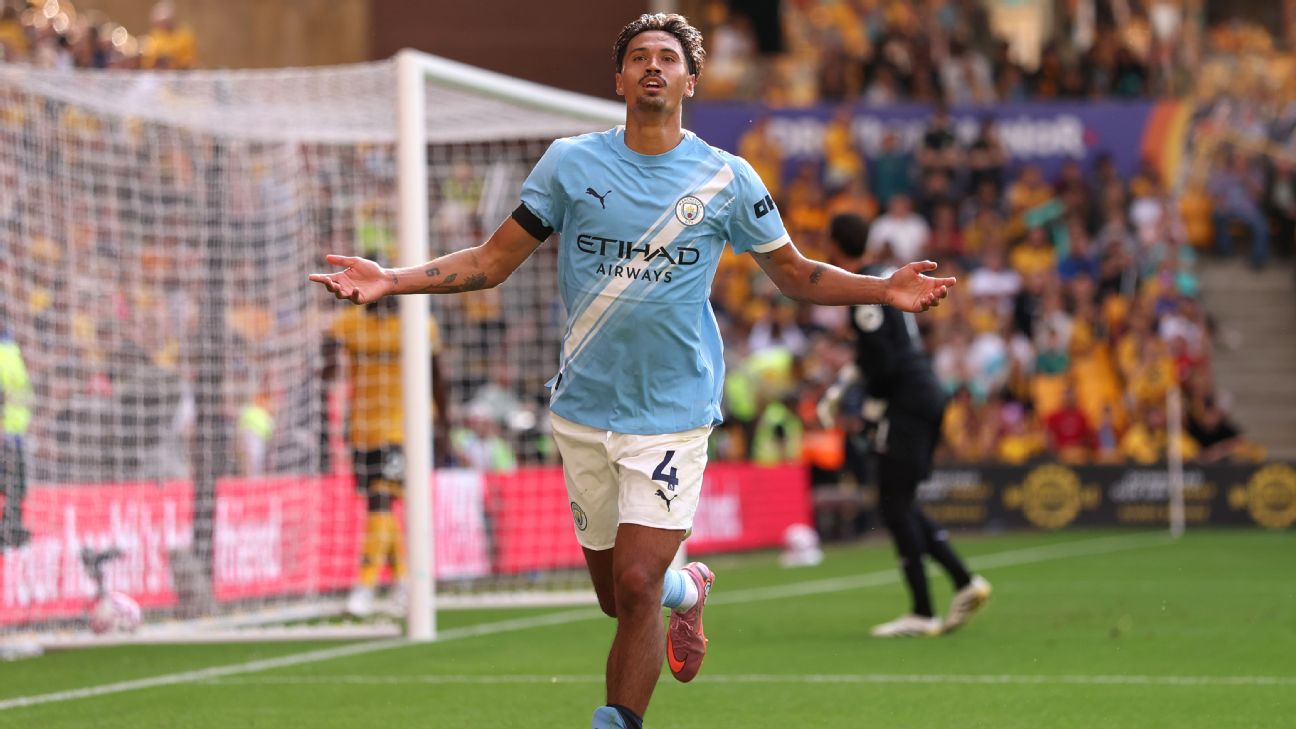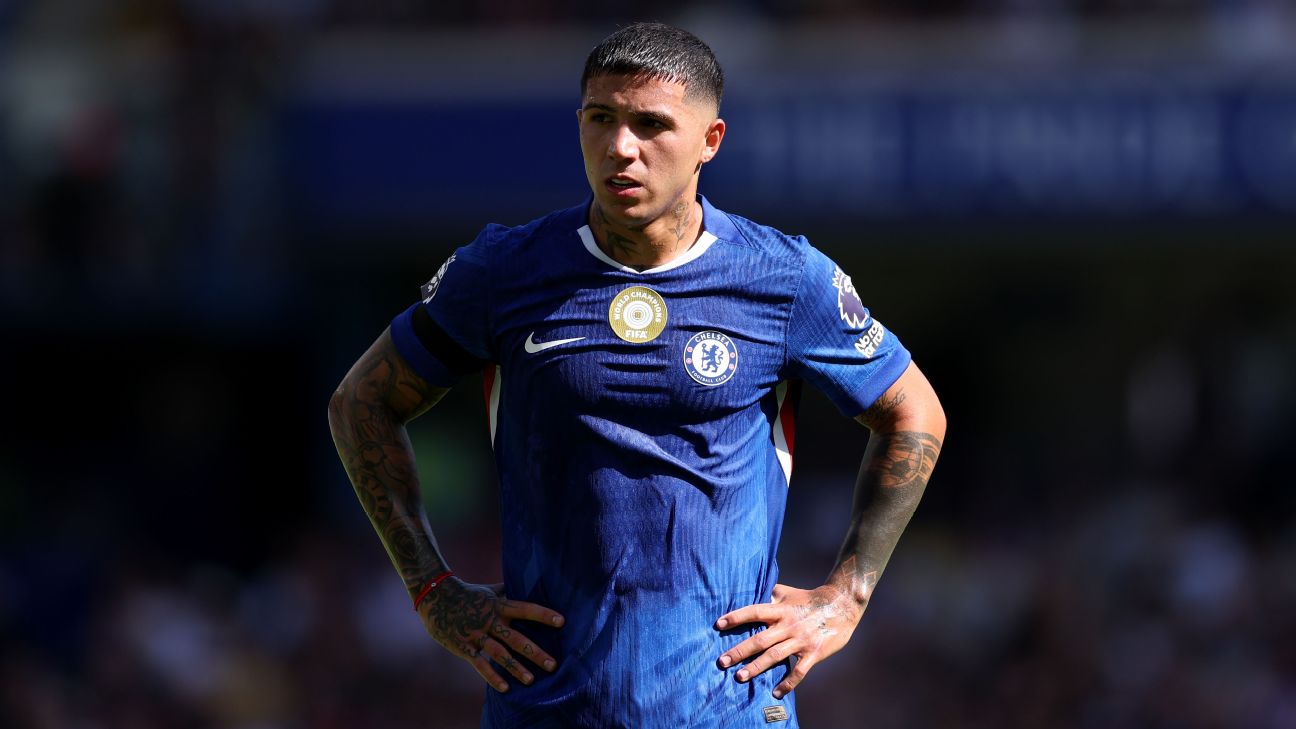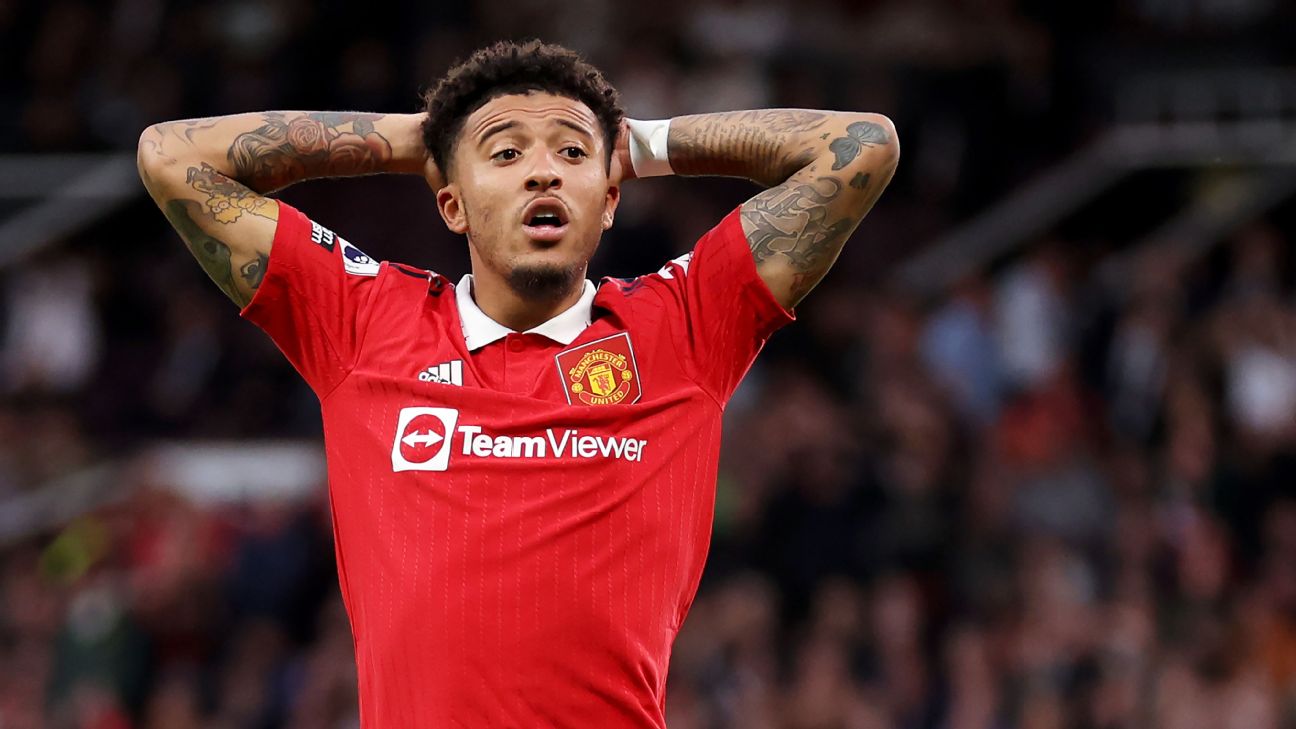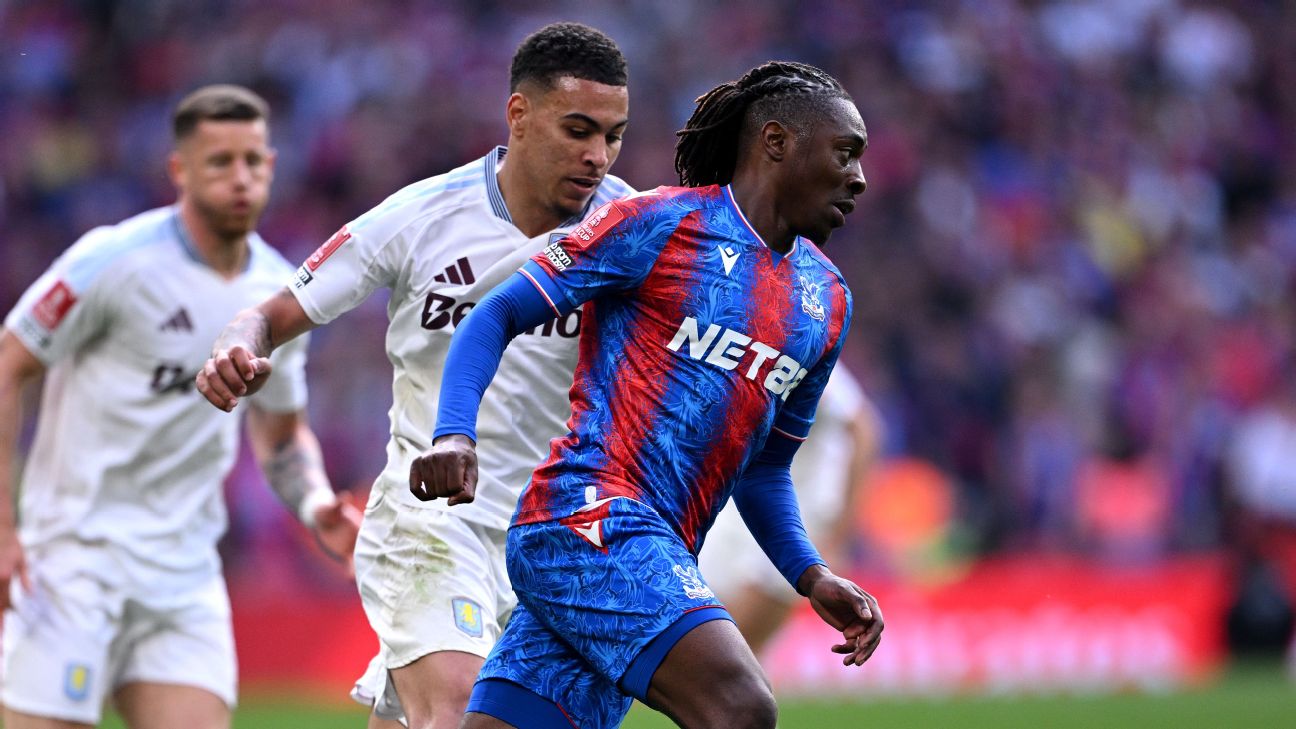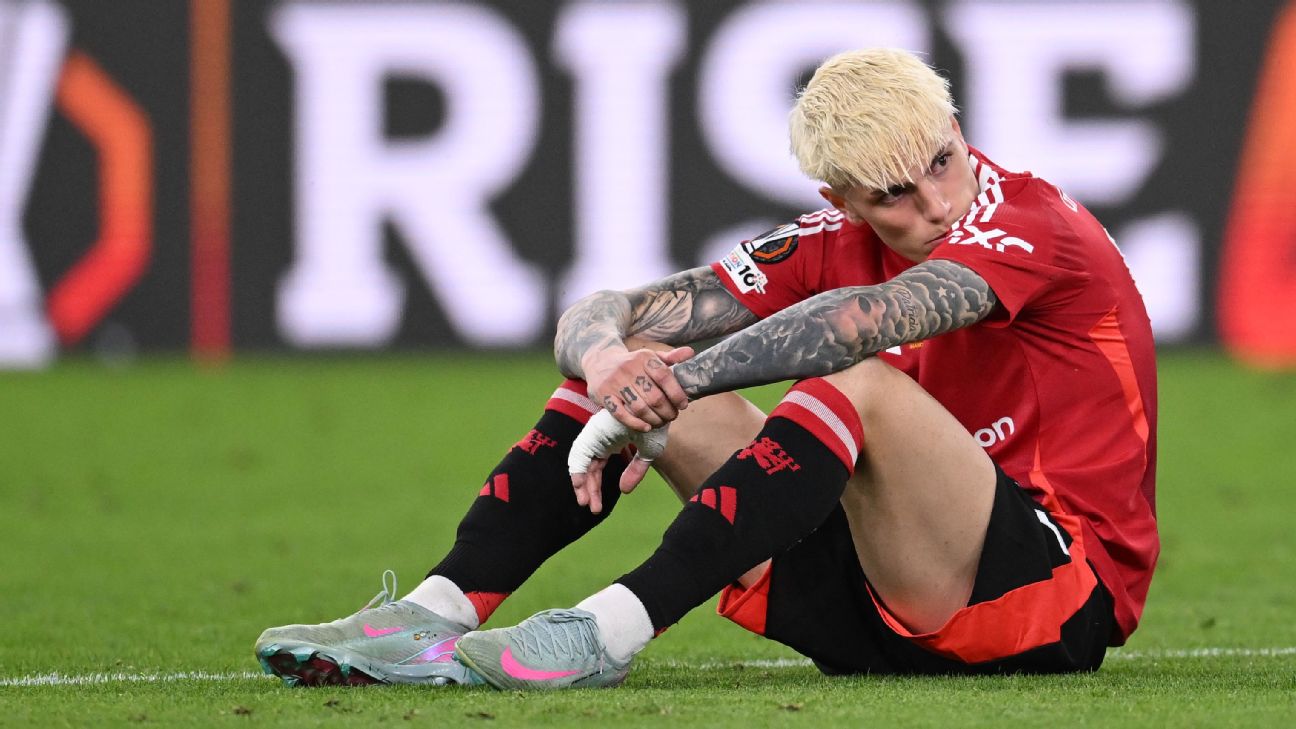The Truth Behind the 'Man United Tax': A Comprehensive Analysis of Transfer Strategies
An in-depth look at the 'Man United Tax' myth, exploring how Manchester United's transfer strategies have evolved and the impact on player valuations.
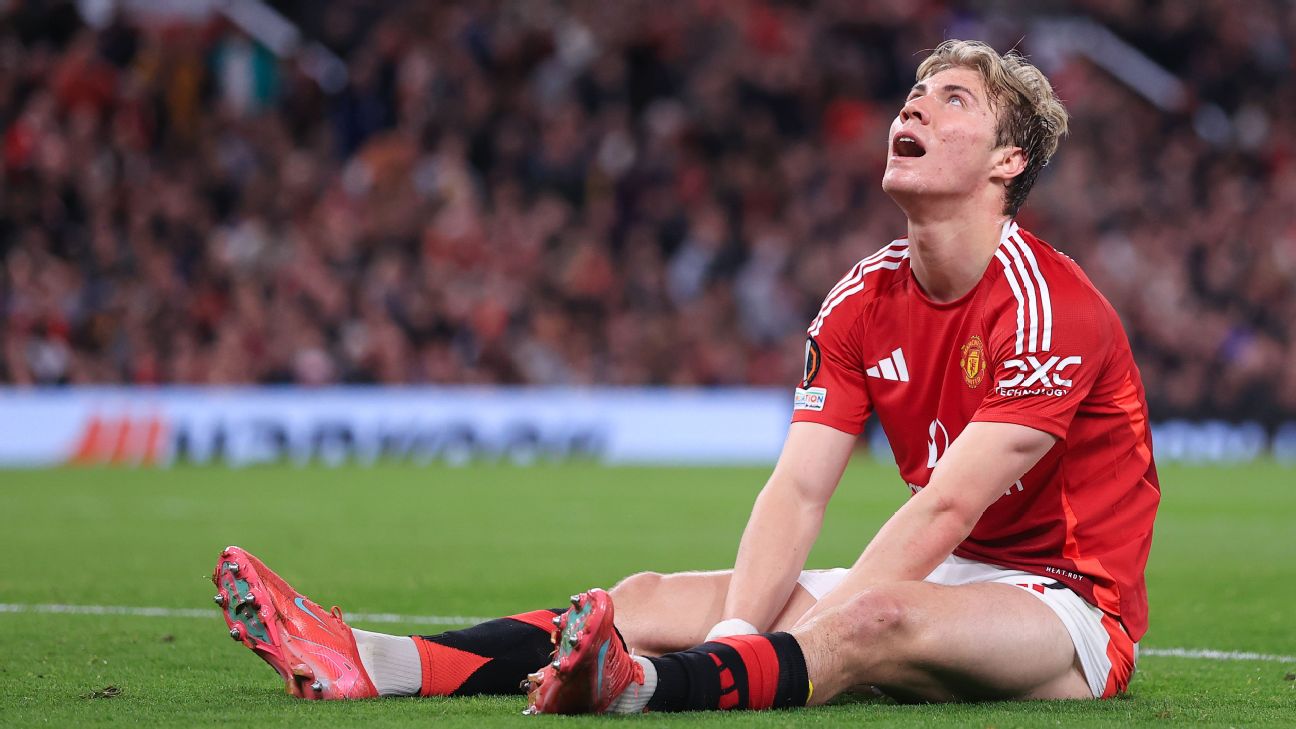
The Evolution of Manchester United's Transfer Strategies
Over the years, Manchester United has been synonymous with high-profile transfers, often accompanied by the infamous 'Man United Tax.' This term refers to the premium placed on players when United, one of the world's richest clubs, shows interest. But is this tax a myth or a reality?
Historical Context
Under the leadership of Ed Woodward, United's transfer strategy often revolved around release clauses, as seen in the pursuit of Antoine Griezmann in 2017. Woodward believed that such clauses simplified negotiations, allowing United to secure top talent without prolonged haggling.
Recent Developments
Fast forward to 2025, and United's approach has shifted. The acquisition of Matheus Cunha from Wolverhampton Wanderers for £62.5 million, triggered by a release clause, marks a return to this strategy. However, the club's new CEO, Omar Berrada, and his team are determined to avoid past mistakes.
The 'Man United Tax' Myth
While United has often been accused of overpaying for players, the reality is more nuanced. The club's financial muscle and global appeal naturally drive up prices, but internal assessments now focus on disciplined spending. For instance, United walked away from negotiations with Everton for Jarrad Branthwaite due to inflated valuations.
Case Studies
- Casemiro and Antony: In 2022, United spent over £150 million on these players, a decision now viewed as costly.
- Rasmus Højlund: Initially valued at £40 million, United ended up paying over £70 million, a fee yet to be justified by his performance.
Future Prospects
With no European football in the upcoming season, United's recruitment strategy emphasizes financial prudence. The club is targeting players like Bryan Mbeumo, Antoine Semenyo, and Eberechi Eze, but will not exceed predetermined price points.
Conclusion
The 'Man United Tax' is less about overpaying and more about the club's strategic evolution. As United aims to rebuild, the focus is on value-driven acquisitions, ensuring long-term success without financial pitfalls.












